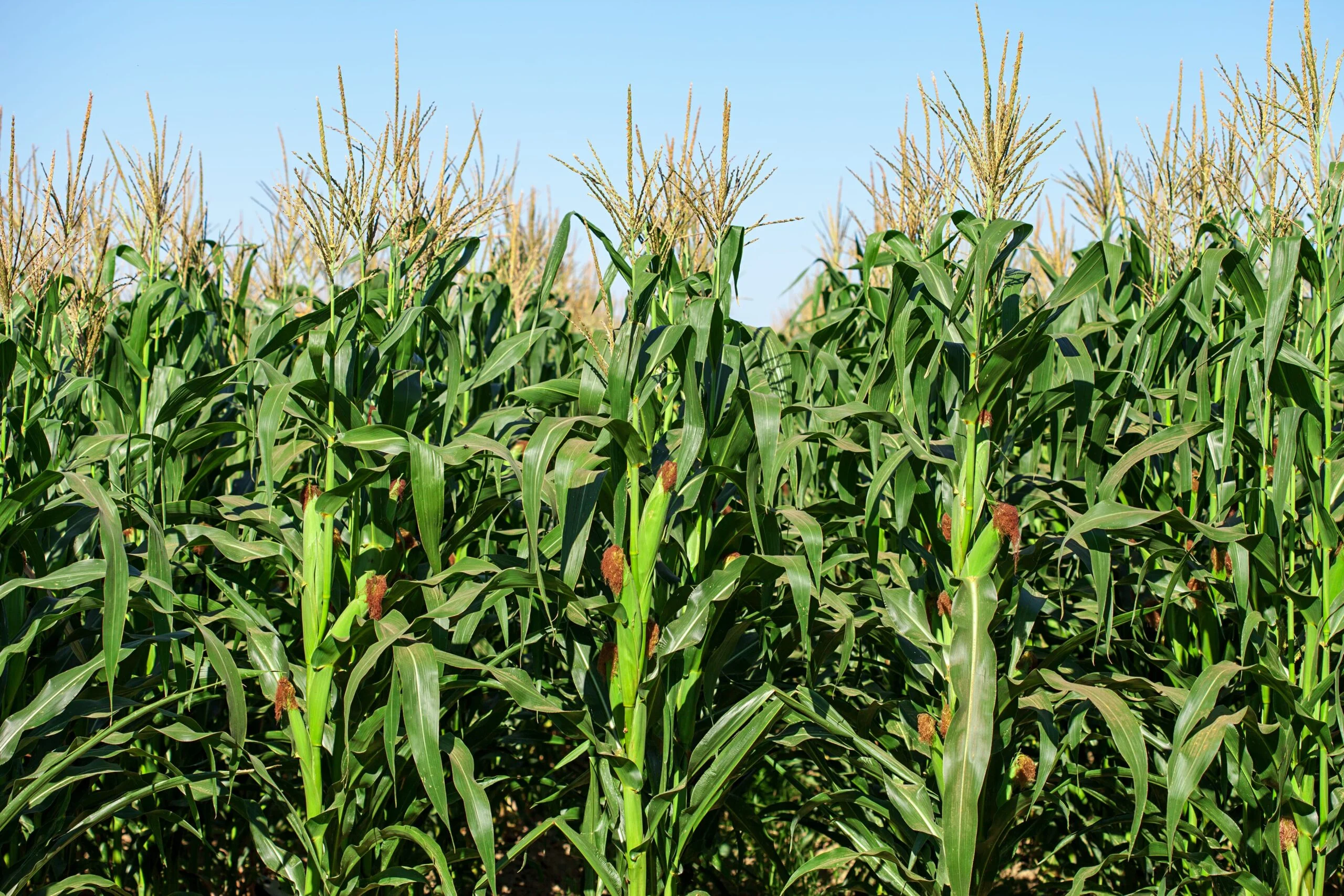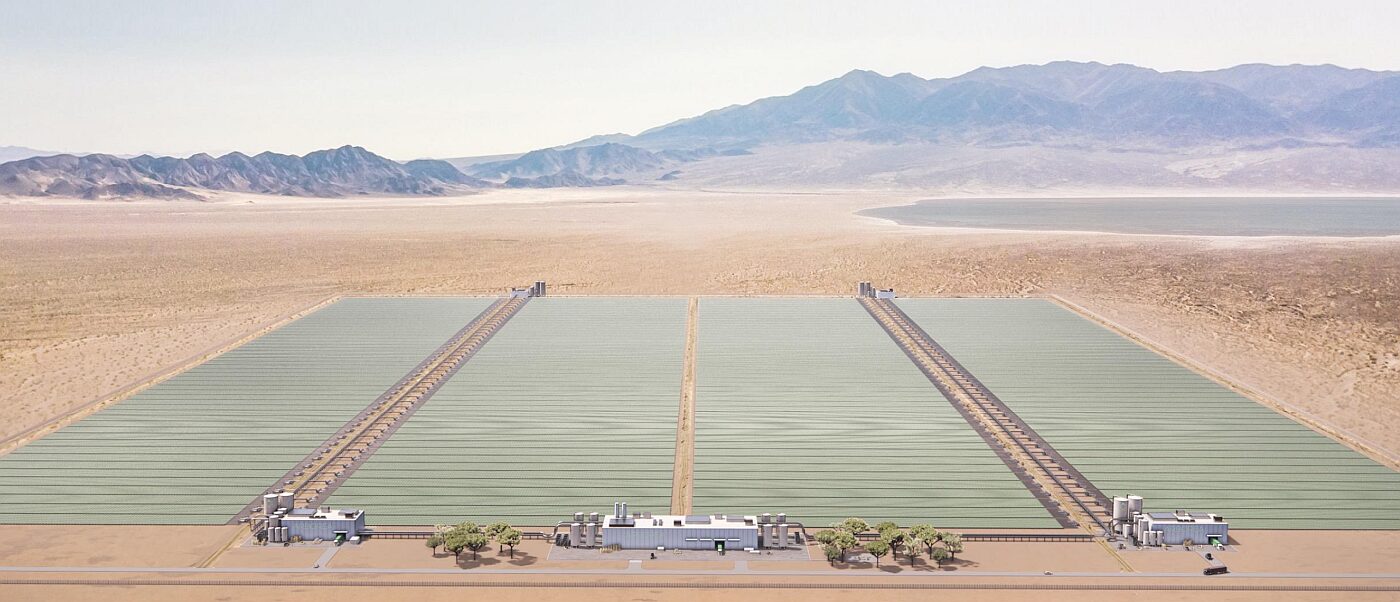The global drought is exacerbating food problems, increasing the prices of commodities like wheat, beef, and coffee. Conflict, inflation, and climate disruptions are worsening food supply chains in key regions like Europe, Brazil, China, and North Africa. Essential crops such as coffee, wheat and maize are vulnerable to extreme weather conditions, putting global food security at risk. The concentration of food production in certain regions amplifies climate risks, such as for coffee in Brazil and Vietnam. The drought has severely affected rangeland in the United States, reducing cattle herds and increasing beef prices. Governments are intervening, such as India, which has banned wheat exports to protect its domestic stocks, or the United States, which is subsidizing drought-affected farmers. The economic impacts of droughts, as in Europe, threaten agricultural production and increase the costs of essential food products.
The concentration of food production presents several risks, especially in the face of the challenges posed by climate change:
- Vulnerability to Extreme Climatic Conditions: When food production is concentrated in a few regions, these areas become particularly vulnerable to extreme climatic events (drought, floods, storms). For example, coffee is mainly grown in Brazil and Vietnam, which means that unfavorable weather conditions in these countries can disrupt global supply.
- Reduction of Genetic Diversity The concentration on a few crop species (such as Arabica and Robusta for coffee) reduces genetic diversity. This limits the ability of crops to adapt to climate change or to resist diseases and pests.
- Impact on Food Security: Dependence on a few regions for essential crops (such as wheat, maize and rice) can lead to food shortages if these regions experience climatic disturbances. For example, droughts in major wheat-producing regions can lead to higher prices and global food insecurity.
- Cascading Effects on Supply Chains: Disruptions in a producing region can cause cascading effects in supply chains, increasing transportation and distribution costs, which impacts prices for consumers.
- Economic Dependence: Countries that rely heavily on exports of a few crops can see their economies severely affected by climatic fluctuations, leading to job losses and economic crises.
Source The New York Times




